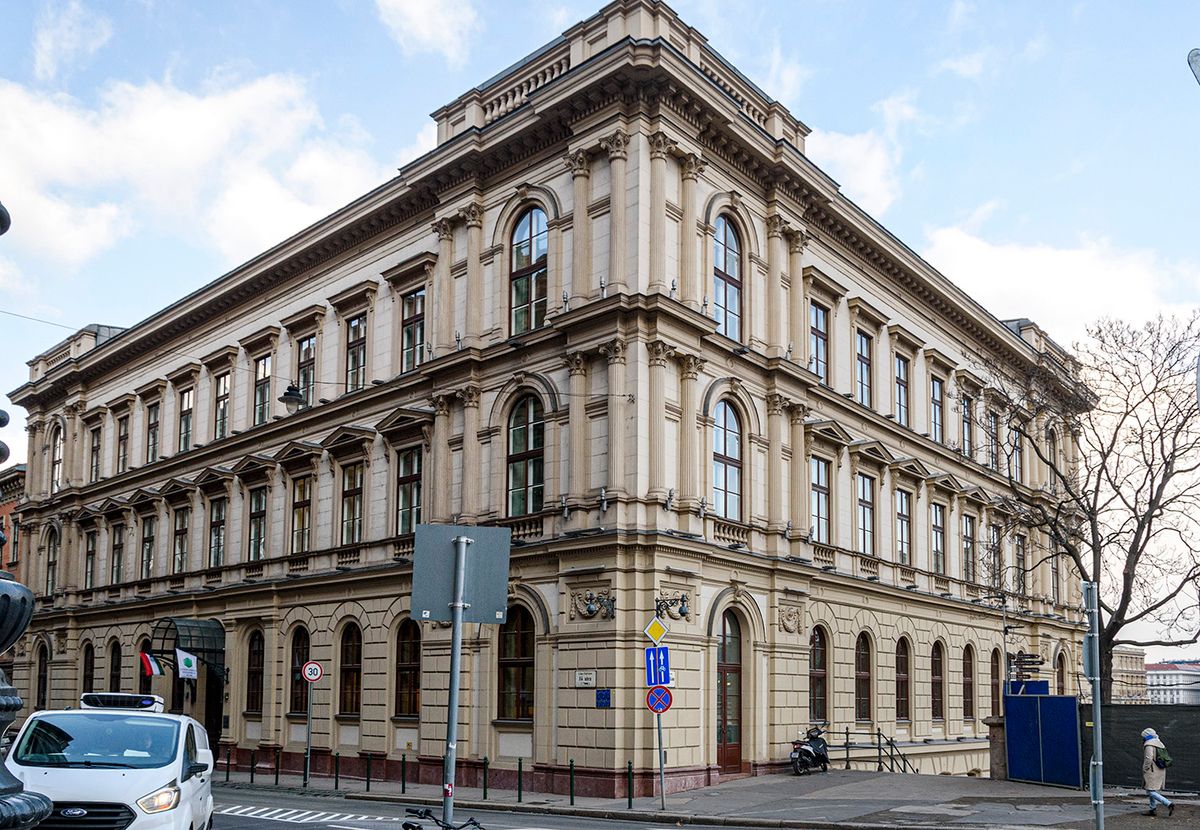Shortly after the sanctions announced by the United States in Budapest against the Russian-led International Investment Bank (IIB), the Hungarian government decided at an emergency meeting to quit the bank, business daily Világgazdaság reports.
U.S. ambassador to Hungary, David Pressman, announced the sanctions on Wednesday against Hungary at the same time that he detailed a range of new sanctions against more than 50 institutions and individuals, with the majority of the sanctions focused on Russia. The U.S. diplomat argued the bank is controlled by Russian interests.
Pressman announced the United States had imposed sanctions because the institutions and individuals involved were believed to be “taking Russia’s side.” The sanctions are intended to reduce Russia’s access to the international financial system. He said that the U.S. does not agree that “Hungary should host” the financial institution, whose senior officials have diplomatic privileges.
He also added that the U.S. considers Hungary an important ally and wishes to maintain a constructive relationship with it.
The IIB, founded in 1970, was originally a bank for the Comecon nations, lending to companies in the member countries. Its current core activities are to support small and medium-sized enterprises in the bank’s member countries and to finance socially significant infrastructure projects. The IIB has been based in Budapest since 2019. This follows unanimous support for the move by member states at a meeting of the board of governors at the end of 2018. Hungary signed a memorandum of understanding on the planned renewal of its IIB membership back in October 2014 after the bank’s activities had been radically transformed in the early 2010s to meet modern international standards.
Russia is currently the largest owner of IIB with 45.44 percent, followed by Hungary with 25.27 percent. Cuba holds 2.83 percent, Mongolia 1.8 percent, and Vietnam 1.26 percent. Until recently, the Czech Republic and Slovakia were also members of the international financial institution, while Bulgaria and Romania are currently members, although according to reports, the Romanians will cease to be shareholders from June and Bulgaria will leave the bank by Aug. 15.
The Ministry of Economic Development later confirmed the information about the Hungarian withdrawal in a statement.





